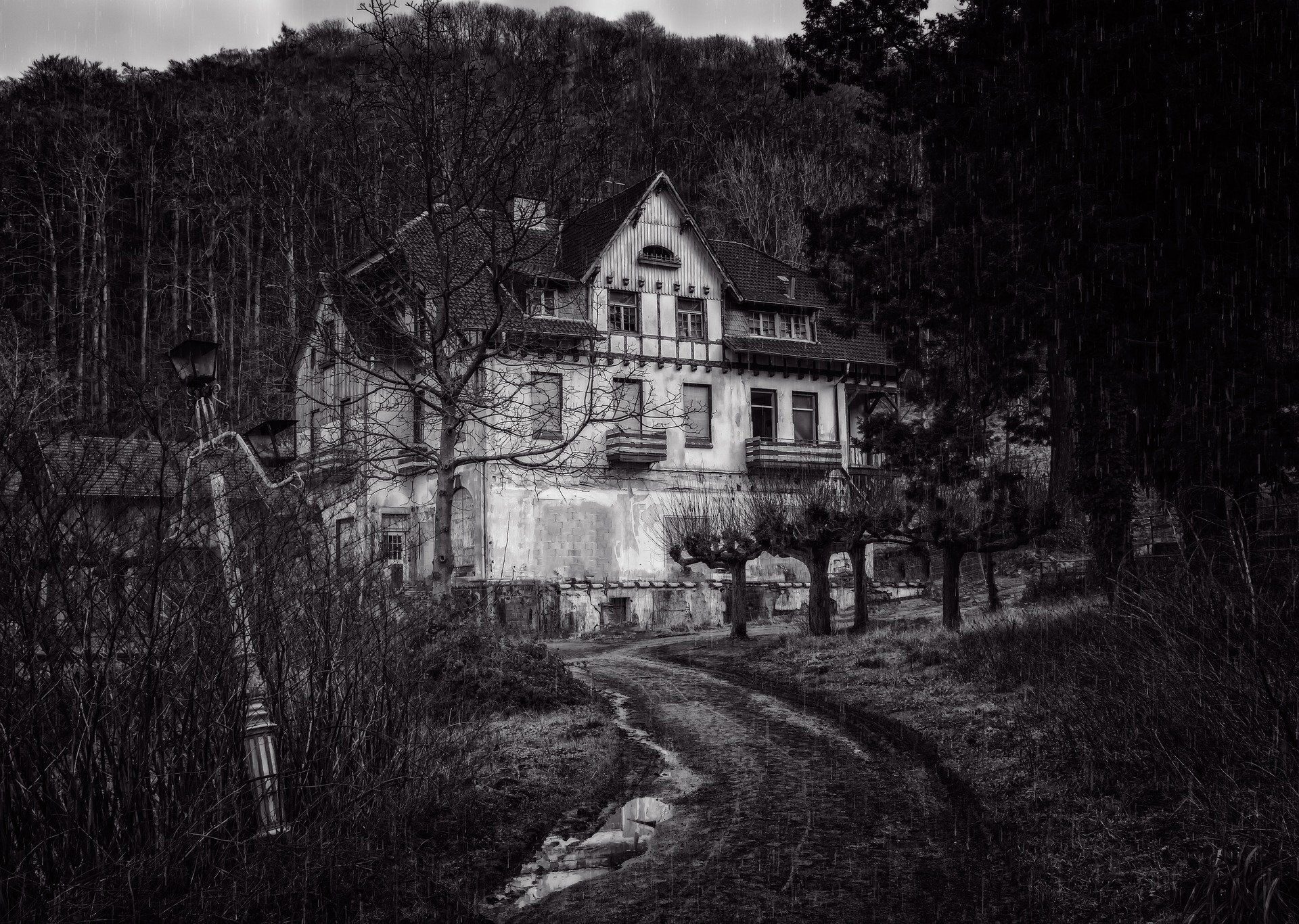Universal Basic Income: A Weight Lifted
/When the shadow of COVID-19 fell across Canada, as with much of the world, it immediately revealed the many fault lines running through our current mode of social organization. With some qualifying for the now-rescinded Canadian Emergency Relief Benefit (CERB) and others not, some being declared essential and thrust to the front-lines while others were able to shelter at home, the chasm between privilege and disadvantage was thrown into terrible relief.
Economic stimulus cheques sent a muddy message to the public: if $2000 a month is considered the minimum amount a person needs to remain alive during a pandemic, why, for so long, have so many been forced to live on so much less?
Governments are like parents – the majority of the people they rule over didn’t ask for their custody, they were merely born into it. Like parents, a government has a responsibility to provide care for the people they are in charge. Ostensibly, this is the whole point of government.
If we are born into living in a world where everything has a price, then it should be the government’s duty to ensure that every citizen has money to spend. If our human rights – our access to water, shelter, and food – are slapped with a price tag, it is a human rights violation to make these things inaccessible.
Utopia Now
“No penalty on earth will stop people from stealing, if it is their only way of getting food. It would be far more to the point to provide everyone with some means of livelihood so that nobody is under the frightful necessity of becoming first a thief, then a corpse.”
These lines are from More’s classic work of theory fiction published in 1516, Utopia. More’s close friend, the humanist scholar Johannes Ludovicus Vives went further in envisioning a means of delivering subsistence to every citizen, regardless of their economic background. The American revolutionary Thomas Paine saw the need for a basic income given to the people by the state as repayment for the theft of landed property, the brilliant socialist Charles Fourier thought so too. The history of a universal basic income is the history of the struggle for egalitarianism within a stratified capitalist system.
If the government already owns every piece of land, every natural resource and has barred us from the ability to eke out a free living ourselves, a guaranteed wage is only the start of what we are owed.
Dignity for All
If everyone had a guaranteed minimum income, we would be free to realize our potential in whatever way we see fit. People would be less likely to remain in dangerous living situations for economic reasons, would be less likely to take jobs that pose risk to their mental and physical health. As the late, great David Graeber theorizes in his indispensable book Bullshit Jobs, a guaranteed income may expose just how many jobs are being performed in our society for no good reason at all. Automation can help. We are well passed the point where robotics and AI are advanced enough to make redundant every thankless job.
Either blessed or cursed with the gift of reason, we humans are meant for more than drudgery. For too long have we held ourselves back.
The Times They are a-Changing
There have been many UBI pilot projects all over the world, all with startlingly positive results. One of these is in the fight against climate change.
UBI can reduce the emissions caused by the current 50 hour work week, as well as slow the unsustainable cycle of consumption and production in which we have trapped ourselves and the natural world. A guaranteed cash payment to every citizen could ease the transition away from a fossil fuel economy into green energy that would otherwise leave millions jobless. In Indonesia, a guaranteed income project reduced deforestation in the region it was implemented by 30%.
UBI is a weight lifted; not only off our own burdened backs, but from off the planet, too.
Universal basic income can make extreme poverty extinct. It smashes the need for a welfare state and empowers every individual to realize their full potential. It is a way of making capitalism work for everyone, not just the wealthy. It is a way of taking back from the resource monopolists a small share of what is ours.
To learn more and become involved visit ubiworks.ca.
Matthew Smith
Matt is a writer, musician and actor based in the unceded Algonquin territory commonly known as Ottawa. He loves dogs, hates cops, drinks too much tea and overthinks everything.
Twitter: @Squabbleronline










